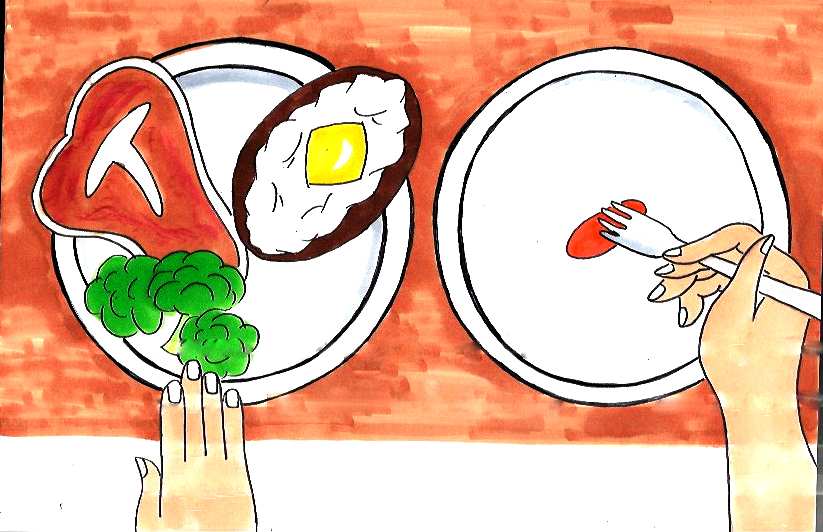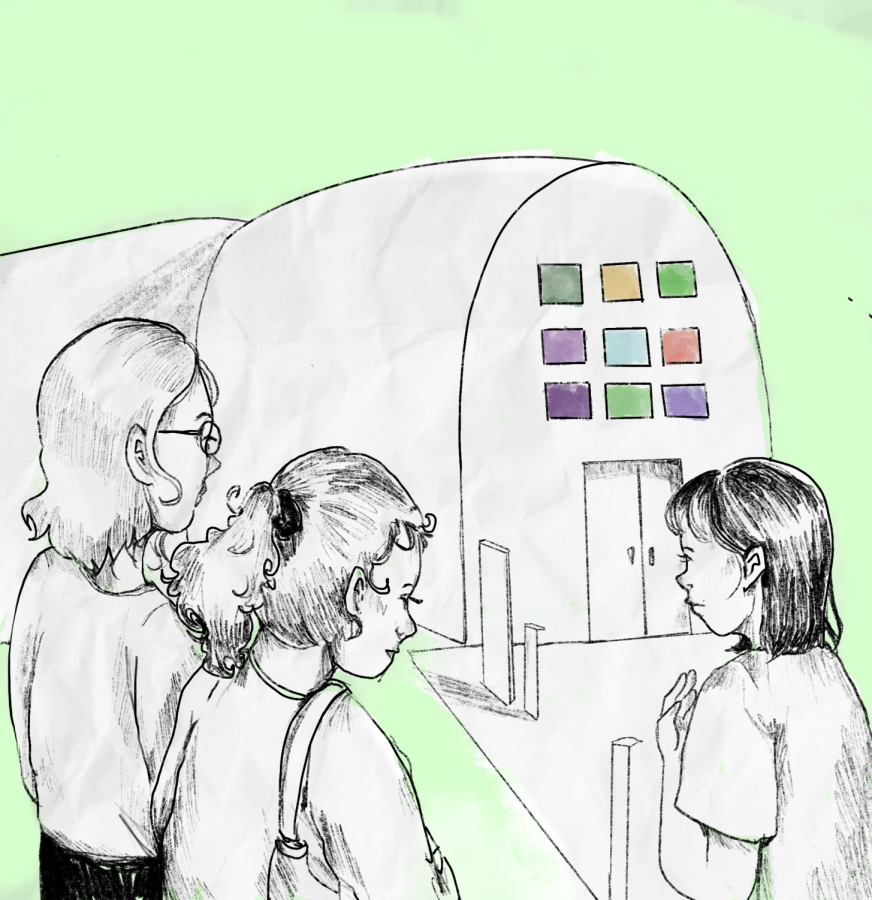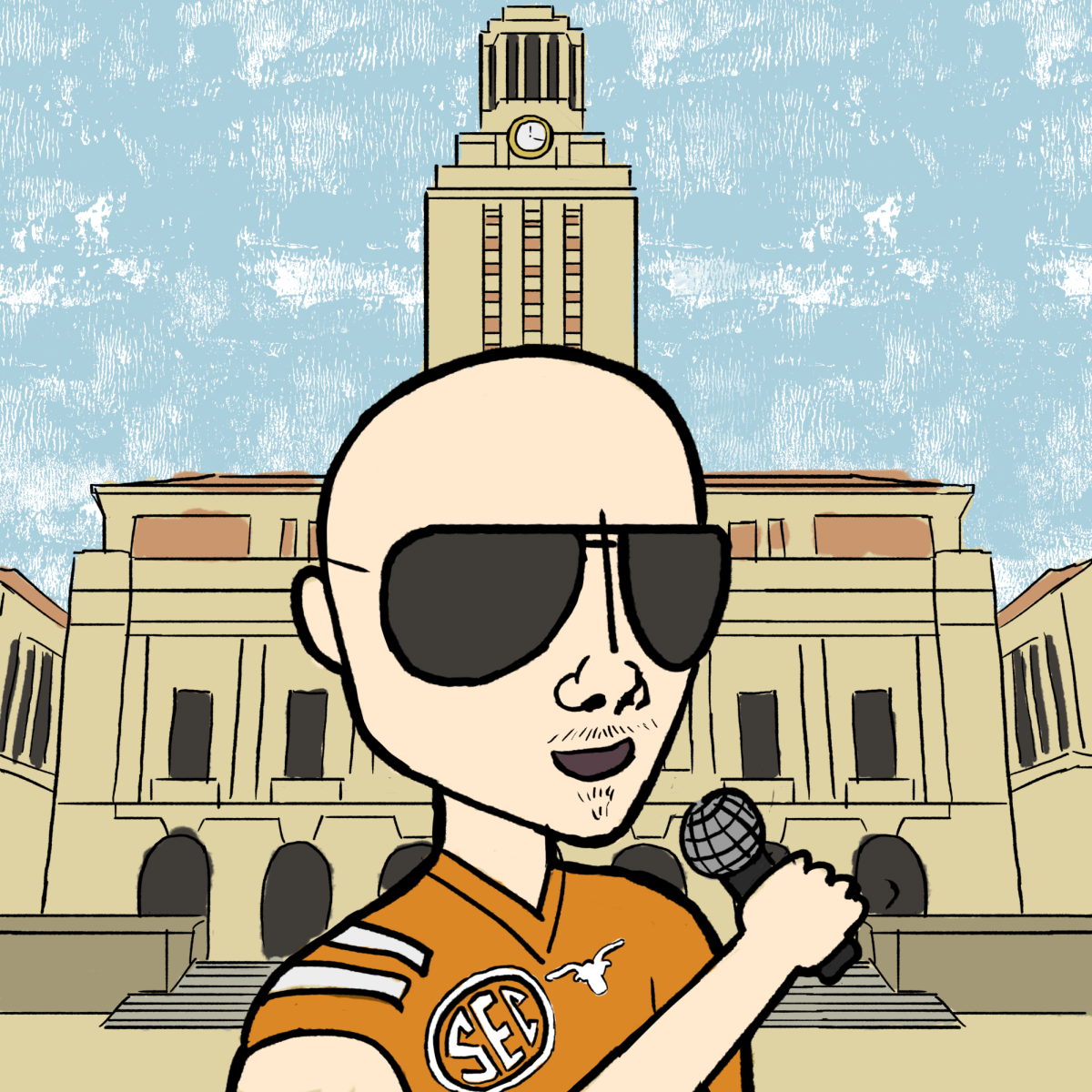As spring break approaches, college students are beginning their pursuit of the mythical “beach body” but not everyone is doing it in healthy way.
There are two primary kinds of unhealthy eating behaviors amongst college students: disordered eating and eating disorders. The first is defined by experts as struggling with unhealthy eating habits in some capacity, while the latter is medically diagnosable and significantly impairs someone’s ability to function due to their unhealthy eating behaviors.
A national survey conducted by the National Eating Disorders Association (NEDA) showed that about 32 percent of women and 25 percent of men on college campuses had eating disorders, a number that rose over 13 years from 23 and 7.9 percent, respectively.
Dr. Allison Chase, the clinical director of the Eating Recovery Center in Austin, said she believes it is important students are educated on the difference between eating disorders and disordered eating in order to receive the proper treatment.
“If a therapist treats disordered eating and it turns out that the patient has an eating disorder, that medical provider may be way out of their realm of expertise,” Chase said. “And that’s not fair to the patient.”
Chase said it is dangerous to confuse an eating disorder for disordered eating, but it can be difficult to know what latter really looks like because many of the behaviors are seen every day. Chase emphasized that eating disorders are a larger problem than most people think.
“They are extremely dangerous and deadly disorders,” Chase said. “One person dies from an eating disorder every hour.”
Chase emphasized that eating disorders are complex and can be difficult to define since there are so many and can be affected by outside factors such as society and relationships.
Jennifer Barnoud, a registered dietitian for University Health Services, said it is important to know what disordered eating is because it has become normalized in our culture — particularly through social media sites such as Instagram.
With most popular fitness accounts citing their calorie intake, Barnoud wants students to recognize that using external sources such as calorie counting to guide eating patterns is considered disordered eating.
“Counting calories is not normal eating behavior because you aren’t using your bodies cues,” Barnoud said.
Lauren McGill, the director of nutrition for the Fitness Institute of Texas at UT, suggested that students balance their social media accounts with body positive accounts that make them feel good to combat the prevalence of unhealthy behaviors on social media.
“Social media is not reality,” McGill said. “The images that we are fed to portray beauty and health, those people in them may not even be healthy by medical standards.”
When it comes to those who are worried about someone they know, Barnoud urged students to approach their loved one with their concerns.
“Follow your gut,” Barnoud said. “Eating disorders are driven by shame and they thrive in isolation. Don’t wait because you could save your friend’s life.”
Chase said that students can support their friends by helping them do research or going with them to assessments. She added that there are times it is appropriate to call a parent or guardian.
“That does come with risks as a friend, but we’re talking about someone’s health and safety,” Chase said. “People suffering from eating disorders need to get help.”
Chase said she believes that getting help from someone who is trained and skilled in the treatment of eating disorders can be the most important thing someone does.
According to Chase, 80 percent of patients with eating disorders who receive treatment will recover or go into remission.
“Everybody deserves that hope,” Chase said.
UT has several options for treatment of disordered eating and also eating disorders such as the Mindful Eating Program through the Counseling and Mental Health Center as well dietitians and counselors.





















